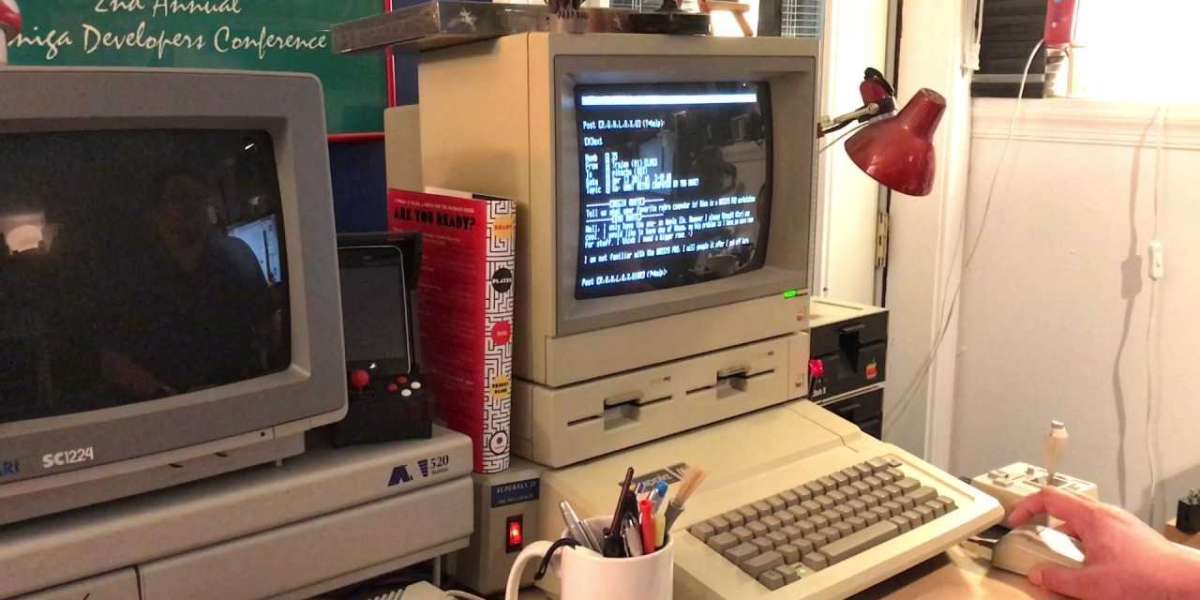The Bulletin Board System, or BBS, was a precursor to the modern internet as we know it today. BBSes were computer systems that allowed users to connect via a telephone line and exchange messages, files, and information with one another.
BBSes first emerged in the late 1970s and early 1980s, at a time when personal computers were just starting to become widely available. They were popular among hobbyists and early adopters of technology, and were often run by individuals out of their homes.
One of the key features of BBSes was their ability to support multiple users at the same time. Users would dial into the BBS using their telephone modem, and once connected, they could read and post messages, upload and download files, and participate in online discussions. Some BBSes even had games and other interactive features.
While BBSes were primarily used for communication and file sharing, they also served as a platform for early online communities. Users could connect with others who shared their interests and hobbies, and many BBSes had dedicated forums and message boards for specific topics.
Another important aspect of BBSes was their decentralized nature. Unlike the centralized architecture of the internet, where all data and information flows through a small number of large servers, BBSes were spread out across many different systems, each one operated by a different individual or organization.
Despite their popularity in the 1980s and early 1990s, BBSes began to decline in the mid-1990s with the advent of the World Wide Web and the rise of commercial internet service providers. The graphical interface of the web, along with the wider range of content and services available, made the internet a more appealing option for many users.
However, the legacy of BBSes lives on in the modern internet. The decentralized architecture of BBSes, where many small systems were connected together to form a larger network, was a key inspiration for the decentralized structure of the internet. Additionally, the online communities that formed on BBSes laid the foundation for the social networks and online forums that we use today.
BBSes were the forefathers of the internet as we know it today. They laid the foundation for many of the key features and technologies that are now integral to the internet, such as online communication, file sharing, and online communities. Despite their decline in the mid-1990s, the legacy of BBSes continues to shape the internet in many ways, and their impact on the development of the internet cannot be overstated.
YubNub Team
36 Blog posts












